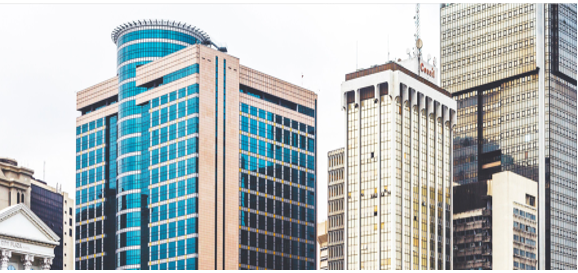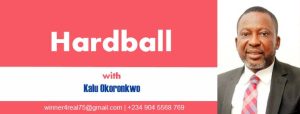
…But ban momentum survive inflation, FX woes, and policy uncertainty?
By Michael Kalu
For the ninth month in a row, private sector sentiment in Nigeria has posted an upswing, signaling resilience in the face of economic turbulence. But beneath the optimism lies a delicate balancing act: soaring inflation, volatile foreign exchange markets, and unpredictable policy shifts continue to cast long shadows over the fragile recovery.
Analysts warn that while the sustained confidence reflects adaptability and renewed investor appetite, the real question is whether this momentum can withstand the structural headwinds threatening to choke long-term growth.
The purchasing-manager index compiled by Stanbic IBTC Bank and S&P Global rose to 54.2 points in August from 54 a month earlier. Readings above 50 signal an improvement in business conditions, while those below indicate a deterioration.
The reading shows “a sustained improvement in the health of the Nigerian private sector,” Stanbic and S&P said in a statement on Monday. “The rise in the headline index primarily reflected sharper expansions in output and new orders, with rates of growth hitting four- and 19-month highs respectively,” they said.
Improved customer demand led firms to step up purchases of inputs, and a positive outlook has encouraged inventory accumulation, Stanbic and S&P said.
The Nigerian economy is on track to grow 3.5% this year, marginally up from 3.4% in 2024, “supported by softer inflation, improvement in FX liquidity conditions and structural reforms,” Muyiwa Oni, head of equity research for West Africa at Stanbic, said in the statement.




专业构建与管理谷歌站群网络,助力品牌实现全域流量的强势增长。谷歌站群
Tham gia cộng đồng game thủ tại Go88 để trải nghiệm các trò chơi bài, poker phổ biến nhất hiện nay.
苹果签名,苹果超级签平台,ios超级签平台ios超级签苹果企业签,苹果超级签,稳定超级签名
kuwin sở hữu kho game đa dạng từ slot đến trò chơi bài đổi thưởng, mang đến cho bạn những giây phút giải trí tuyệt vời.
kuwin sở hữu kho game đa dạng từ slot đến trò chơi bài đổi thưởng, mang đến cho bạn những giây phút giải trí tuyệt vời.
Với giao diện mượt mà và ưu đãi hấp dẫn, MM88 là lựa chọn lý tưởng cho các tín đồ giải trí trực tuyến.
Đến với J88, bạn sẽ được trải nghiệm dịch vụ cá cược chuyên nghiệp cùng hàng ngàn sự kiện khuyến mãi độc quyền.